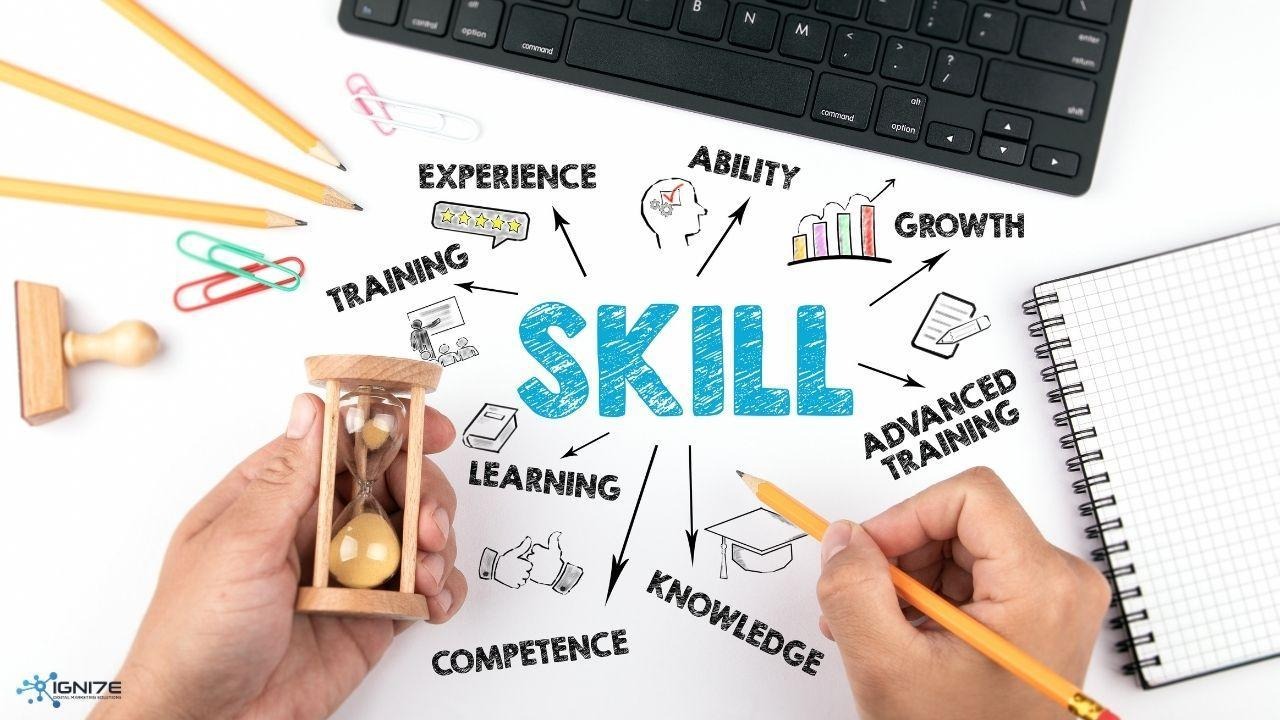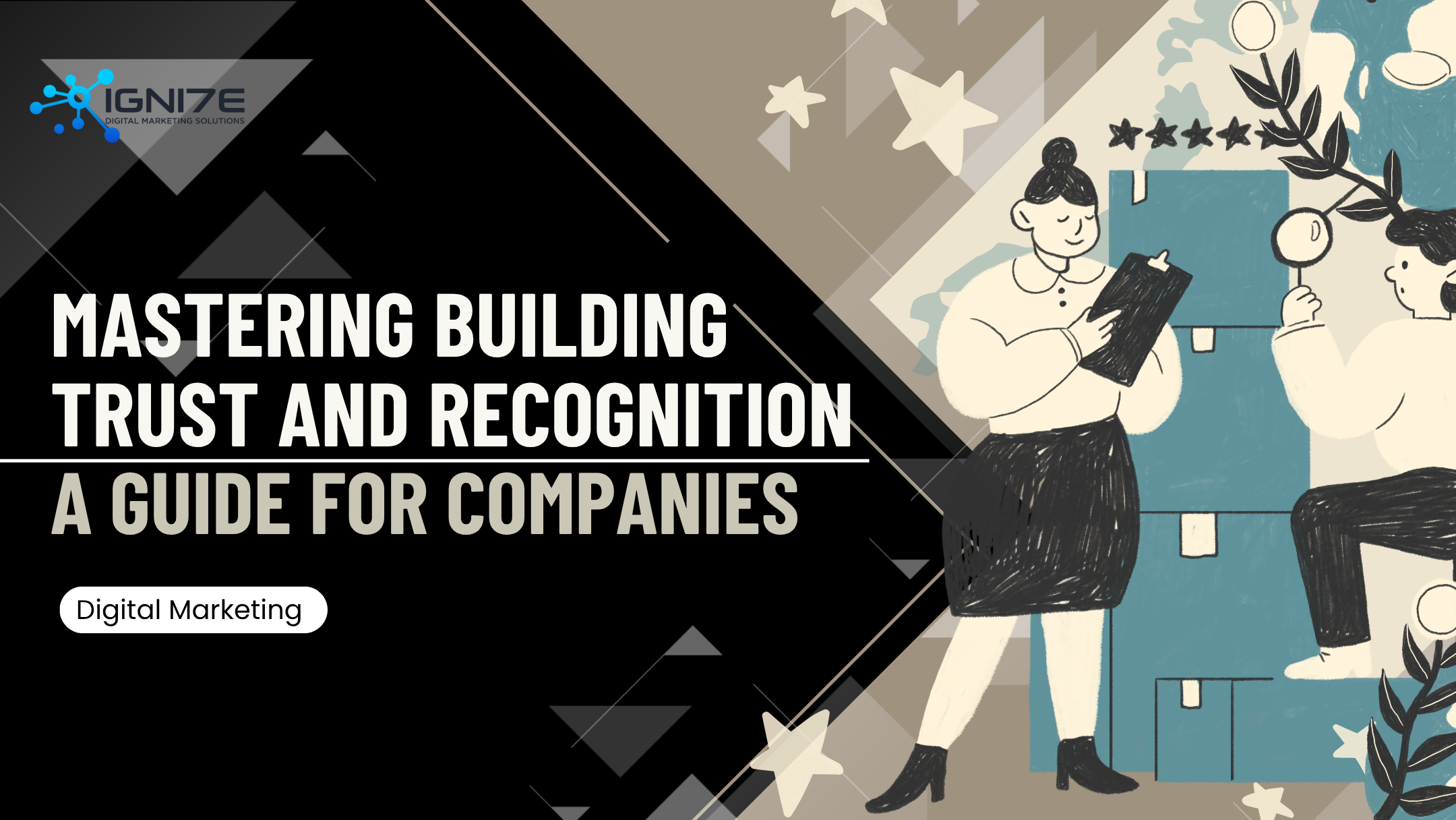Top 5 Valuable Skills for Career Growth in Japan

As the job market becomes increasingly competitive, many individuals seeking career advancement are considering acquiring new skills. However, deciding which skills to focus on can be challenging. This blog presents the findings of a survey conducted by Bis Hits Co., Ltd., targeting 500 individuals with job-change experience. The survey ranks skills that have proven useful in successful job transitions, providing valuable insights for selecting essential skills in job hunting.
Popular Skills for Career Advancement:
- OA Skills
- Communication Skills
- Language Skills
- Accounting-Related Qualifications and Skills
- Creative Skills
1. OA Skills

OA (Office Administration) skills were cited by 127 out of 500 respondents, underscoring their importance in many workplaces. Particularly valuable for those transitioning into administrative roles, proficiency in basic computer operations and Microsoft Office tools (Word, Excel, PowerPoint) is often a must. Certifications like the Microsoft Office Specialist (MOS) are sometimes highly regarded, not only for their practical utility but also as indicators of a candidate’s commitment to self-improvement. Testimonials include experiences like “facilitating a career shift from customer service to an administrative role” and “being recognized as a valuable asset due to Excel and PowerPoint expertise.” These skills are especially beneficial for tasks such as data processing and departmental coordination, positioning candidates as immediate contributors.
2. Communication Skills

Ranked second in the survey, communication skills play a pivotal role both during interviews and on the job. Respondents reported successes such as “smoothly navigating interviews through effective conversation with interviewers” and “leveraging communication abilities to build rapport in the workplace.” Real-life examples highlight how this skill is essential across all industries and positions, particularly in roles involving interactions with colleagues, clients, or management. The ability to communicate effectively enhances work performance and fosters harmonious workplace relationships, making it indispensable for career growth.
3. Language Skills

Language skills are another highly advantageous asset, particularly for those eyeing positions in multinational companies. Respondents shared feedback like “language proficiency was instrumental in securing a job at a foreign-owned firm” and “conversational skills directly contributed to being perceived as a strong candidate.” Even in roles where language proficiency isn’t mandatory, it can broaden career possibilities, such as future opportunities for transfers. English remains a top priority, but there is also a growing demand for skills in Chinese, Korean, and other languages, driven by the expanding business presence in Asia. For those looking to bolster their language abilities, taking exams like TOEIC or pursuing study-abroad opportunities can provide significant advantages.
4. Accounting-Related Qualifications and Skills

Accounting-related qualifications, particularly bookkeeping certifications (levels 1–3), also ranked highly among useful skills for job transitions. These qualifications are not only advantageous for accounting-related positions but are also valued in roles where financial literacy is an asset. Respondents highlighted how these skills helped them “understand cash flow, contributing to collaborative decision-making within the company.” Job seekers interested in accounting, finance, or related fields are strongly encouraged to aim for Level 2 or higher bookkeeping certifications to enhance their competitive edge and open up broader career opportunities.
5. Creative Skills

Creative skills, such as proficiency in tools like Photoshop and Illustrator, are increasingly in demand, particularly in fields like advertising, media, and design. Respondents noted successes like leveraging design portfolios to demonstrate their capabilities and secure positions. Writing and proofreading skills are also highly valued in publishing and content creation roles. For those new to creative fields, gaining foundational skills through specialized schools or vocational training can be an excellent first step. Building a portfolio showcasing concrete achievements can significantly improve job prospects in creative industries.
Conclusion
Acquiring relevant skills is crucial for standing out in a competitive job market. Whether through self-study, attending specialized courses, or earning certifications, skill development lays the foundation for successful career advancement. However, it is equally important to ensure the acquired skills align with personal career goals and industry demands to maximize their value. Consulting a recruitment agency can provide expert guidance on identifying essential skills and navigating effective job transitions, ultimately paving the way for career success.















